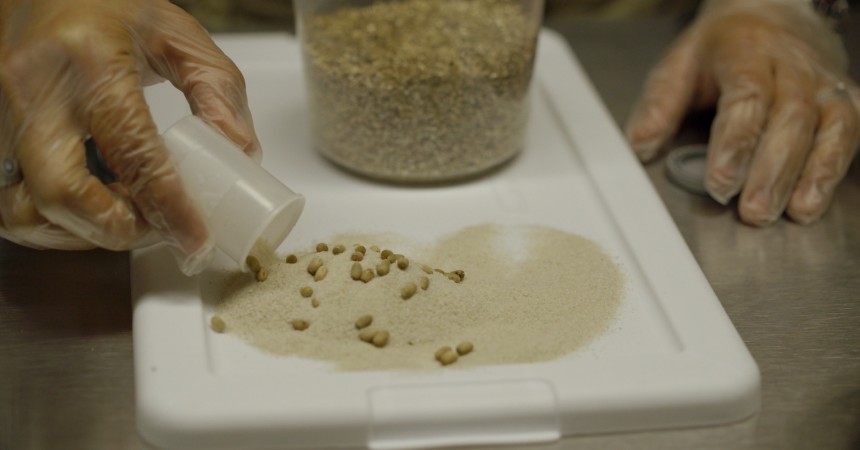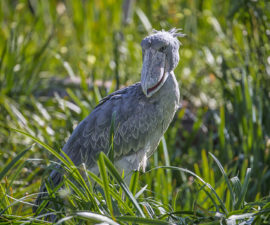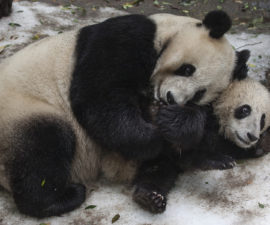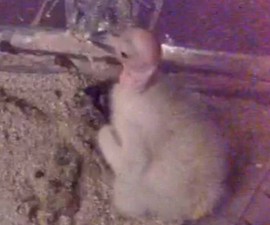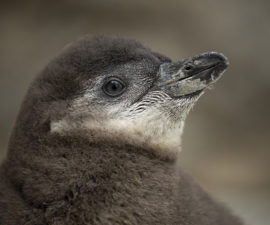Over the past weekend, the San Diego Zoo entomology department received 300 eggs of the critically endangered Lord Howe Island stick insect—or tree lobster. The eggs arrived as part of an ongoing conservation effort to bring back this rare species of stick insect—which was previously thought to be extinct, until it was rediscovered in 2001. These eggs traveled from Australia’s Melbourne Zoo to San Diego with Paige Howorth, the San Diego Zoo’s associate curator of entomology.
When the eggs arrived at the Zoo, the entomology staff moved them from their travel containers, which resemble 35 mm film canisters, into larger 16-ounce containers filled with vermiculite, a soil additive that provides appropriate moisture for the eggs’ development. All the eggs will be kept in an off-exhibit area—to hatch at temperatures between 78 and 82 degrees Fahrenheit, with 80 percent humidity.
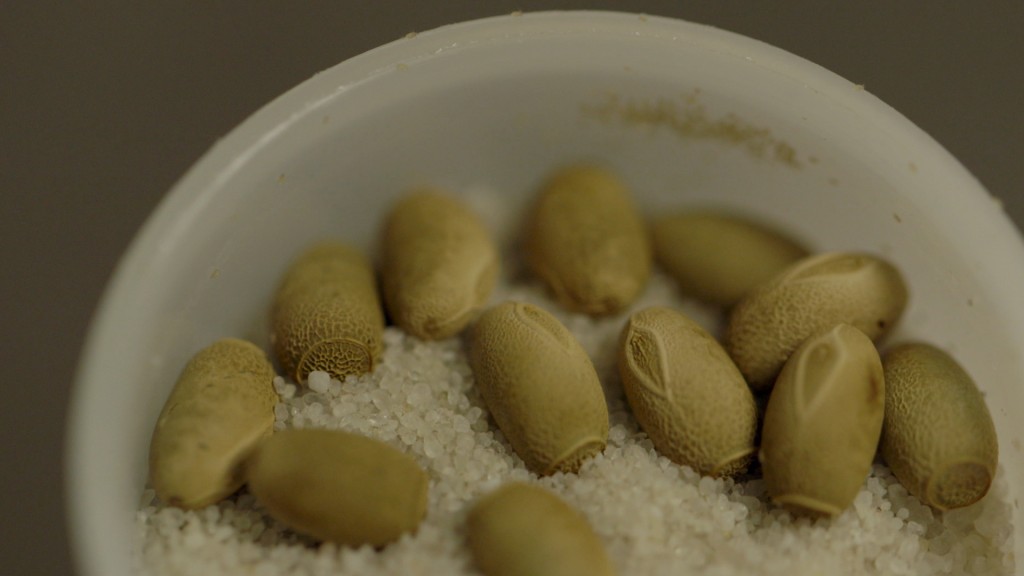
The San Diego Zoo horticulture team has also been working to prepare for the arrival of the tree lobsters. Though the Entomology Department successfully hatched Lord Howe Island stick insects in 2012, that group did not thrive. After review by the animal care staff and the horticulture team, it was decided that the insects needed the specific host plants being used in Melbourne Zoo’s program, which at that time were unavailable in North America. Plans to hatch more eggs were put on hold until the Zoo was able to raise enough of this plant to feed the insects.
In December 2012, horticulture supervisor Seth Menser traveled to mainland Australia to bring back 100 cuttings of Melaleuca howeana—a shrub that is native only to Lord Howe Island and Ball’s Pyramid. It has very small, green leaves and can grow up to 10 feet tall.
To ensure that the cuttings would grow, Menser and the horticulture team tried three methods of propagation: grafting the cuttings to another species of Melaleuca, planting them in soil with an agent to encourage root growth, and growing them in the tissue culture lab at the Zoo. Fortunately, all three methods were successful—and today, the Zoo has more than 150 Melaleuca howeana plants growing in six different plots. While other plant material will be offered to the insects, this is expected to be their primary food source.
Howorth expects the eggs to begin hatching in two weeks. The just-hatched bright green insects are called nymphs, and they are expected to grow to be around 7 inches long. Tree lobsters become a very shiny, dark black-brown when they mature.
The Lord Howe Island stick insect was believed to be extinct by the 1930s. In 2001, however, a small group was found living on Ball’s Pyramid, the eroded remnant of a volcano jutting out of the Pacific Ocean 12 miles southeast of Lord Howe Island, Australia. Four individuals from this group of stick insects were taken into managed care in Australia in 2003, in hopes of bringing the species back from the brink of extinction.
Since the rediscovery of the Lord Howe Island stick insects, the Victoria Melbourne Zoo has been working to breed these rare animals—with great success. Eggs from this critically endangered insect were sent to the San Diego Zoo, to establish an assurance colony separate from the Melbourne group.
Bringing species back from the brink of extinction is the goal of San Diego Zoo Global. As a leader in conservation, the work of San Diego Zoo Global includes on-site wildlife conservation efforts (representing both plants and animals) at the San Diego Zoo, San Diego Zoo Safari Park, and San Diego Zoo Institute for Conservation Research, as well as international field programs on six continents. The work of these entities is inspiring children through the San Diego Zoo Kids network, reaching out through the Internet and in children’s hospitals nationwide. The work of San Diego Zoo Global is made possible by the San Diego Zoo Global Wildlife Conservancy and is supported in part by the Foundation of San Diego Zoo Global.

